We may earn money or products from the companies mentioned in this post. This means if you click on the link and purchase the item, I will receive a small commission at no extra cost to you … you’re just helping re-supply our family’s travel fund.
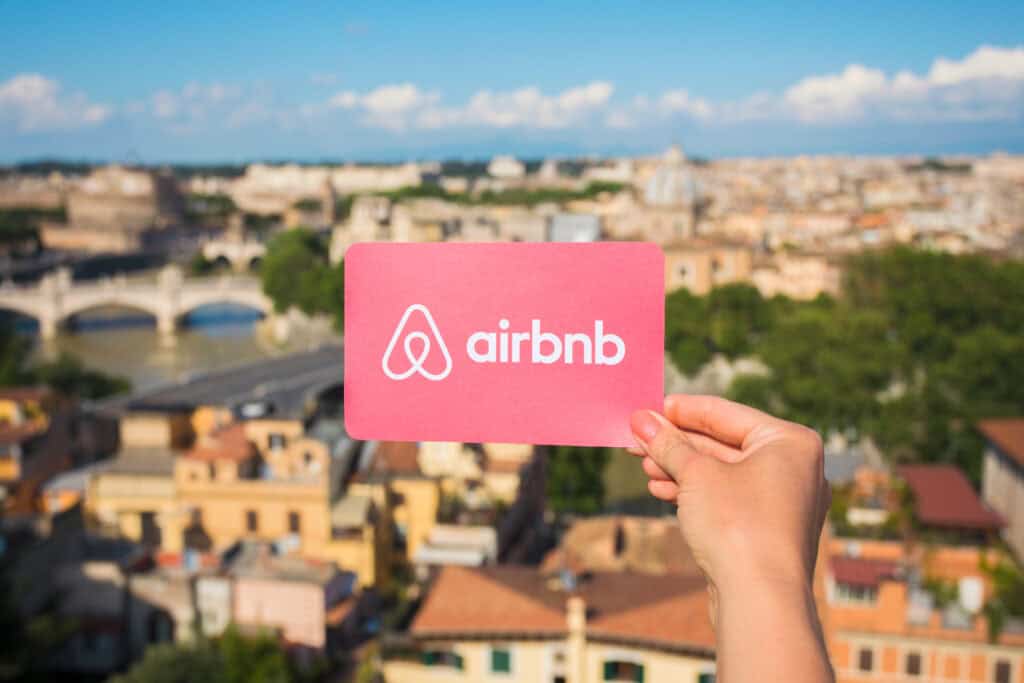
Short-term rentals used to feel like a clever secret: more space, a kitchen, and a slice of local life for less than a hotel. As the market filled up, some hosts chased trends and shortcuts that slowly wore travelers down. Long chore lists, surprise fees, and gimmicky decor started to feel less like personality and more like homework. Now, many guests quietly filter those listings out. The stays that age well are the ones that respect time, privacy, and clear expectations.
Long Chore Lists Masquerading As “House Rules”

The charm fades fast when checkout instructions read like the end of a lease. Lists that demand stripped beds, vacuumed floors, sorted recycling, and detailed photo proof leave many guests wondering what the cleaning fee actually covers. Hosts sometimes defend these demands as “help,” yet they land as unpaid labor. Travelers increasingly search for places where departure means a quick tidy and locked door, not an hour of chores before a long drive or early flight.
High Cleaning Fees Paired With Bare Minimum Effort
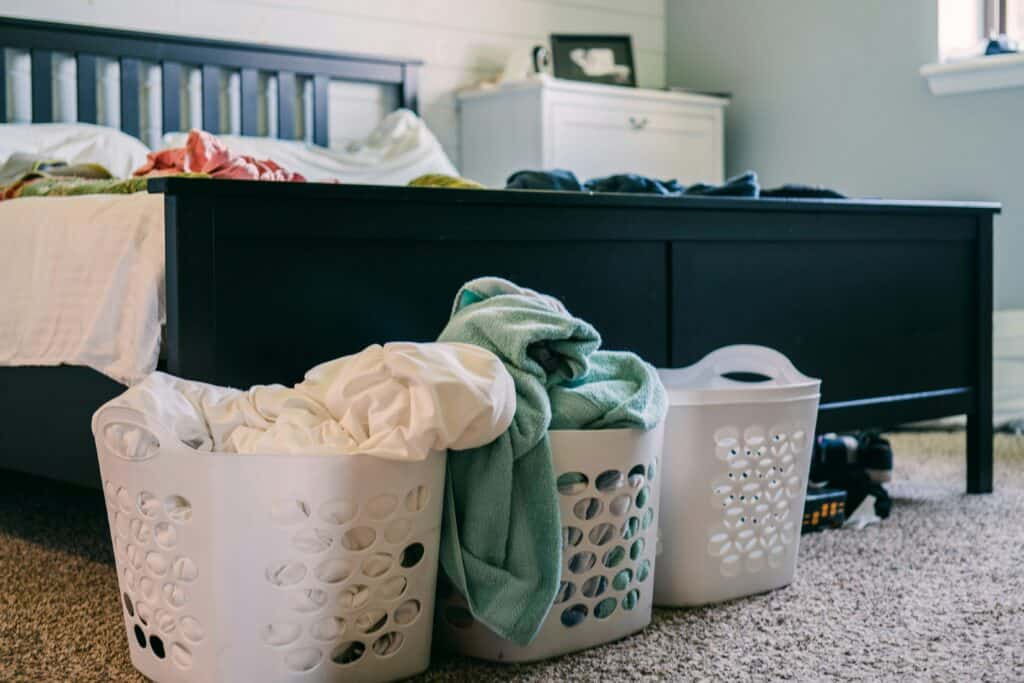
A cleaning fee can make sense when a property is large or complex, but frustration spikes when that fee sits high and the place still feels dusty, cluttered, or half-finished. Guests have started comparing total stay costs against mid-range hotels, and many now walk away from listings where fees outstrip visible effort. Transparent pricing and consistent standards feel far more welcoming than padded line items. Properties that do the basics well do not need to hide behind add-ons.
Over-Themed “Instagram” Decor With No Comfort
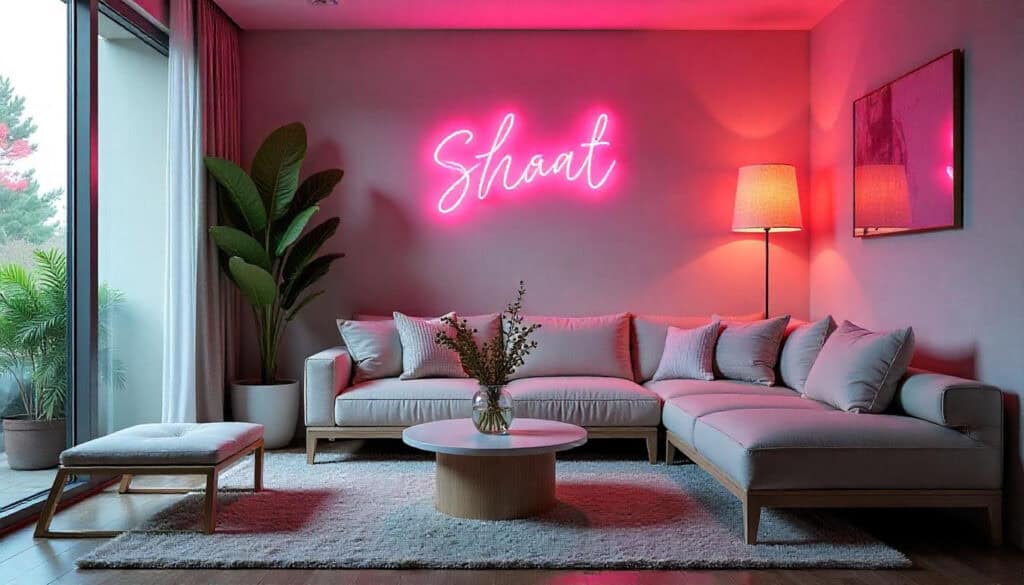
Loud murals, neon signs, and novelty props photograph well and tire people out quickly. Some Airbnbs lean so heavily into themed design that basic comfort gets lost: flimsy seating, harsh lighting, and surfaces that cannot be used without fear of breaking a prop. Travelers are growing wary of spaces that look built for influencers rather than real evenings on the sofa. A few well-chosen touches paired with solid furniture age better than rooms designed only for a single eye-catching shot.
Shared Spaces With Hosts Posing As “Entire Place”

Listings that quietly share kitchens, patios, or even bathrooms with on-site hosts can create awkward stays. When a property is marketed as private but daily life includes bumping into the owner at every turn, guests feel misled. The trend of blurring “entire place” and “private room with extras” is wearing thin as reviews call it out more often. Clear separation, honest labeling, and straightforward privacy give travelers a calmer base, especially on longer trips or work-heavy stays.
Security Cameras That Creep Into Living Space
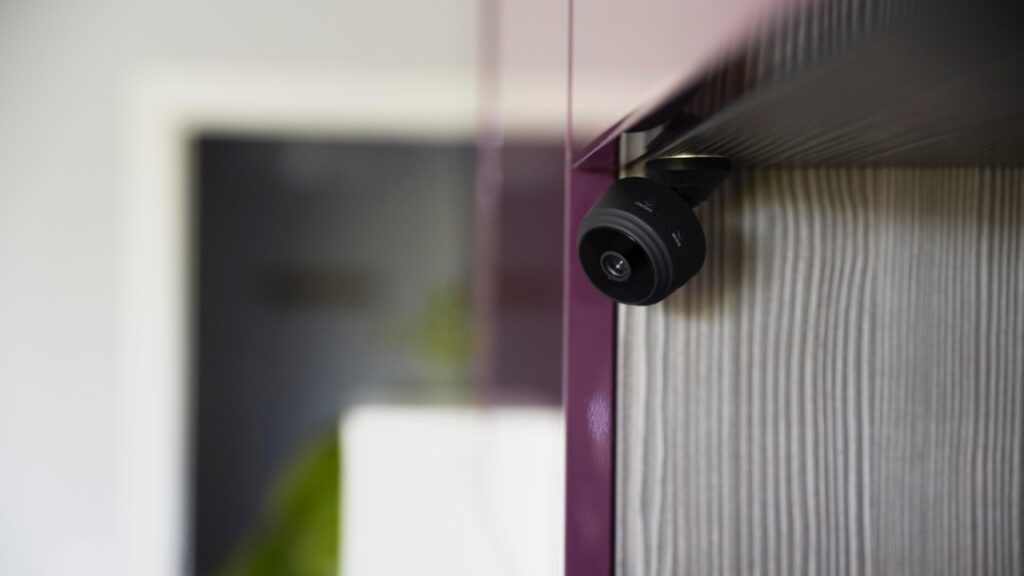
Outdoor security cameras near entrances are one thing; lenses pointed toward patios, pools, or large windows feel very different. As more guests learn how to scan for devices and read camera policies, tolerance for intrusive surveillance drops. Properties that treat common hangout areas like monitored zones quickly lose appeal. The stays that stand out in a good way use cameras only where safety and access truly require them, and keep interior life entirely off-camera.
Complicated Self Check-In That Feels Like A Puzzle
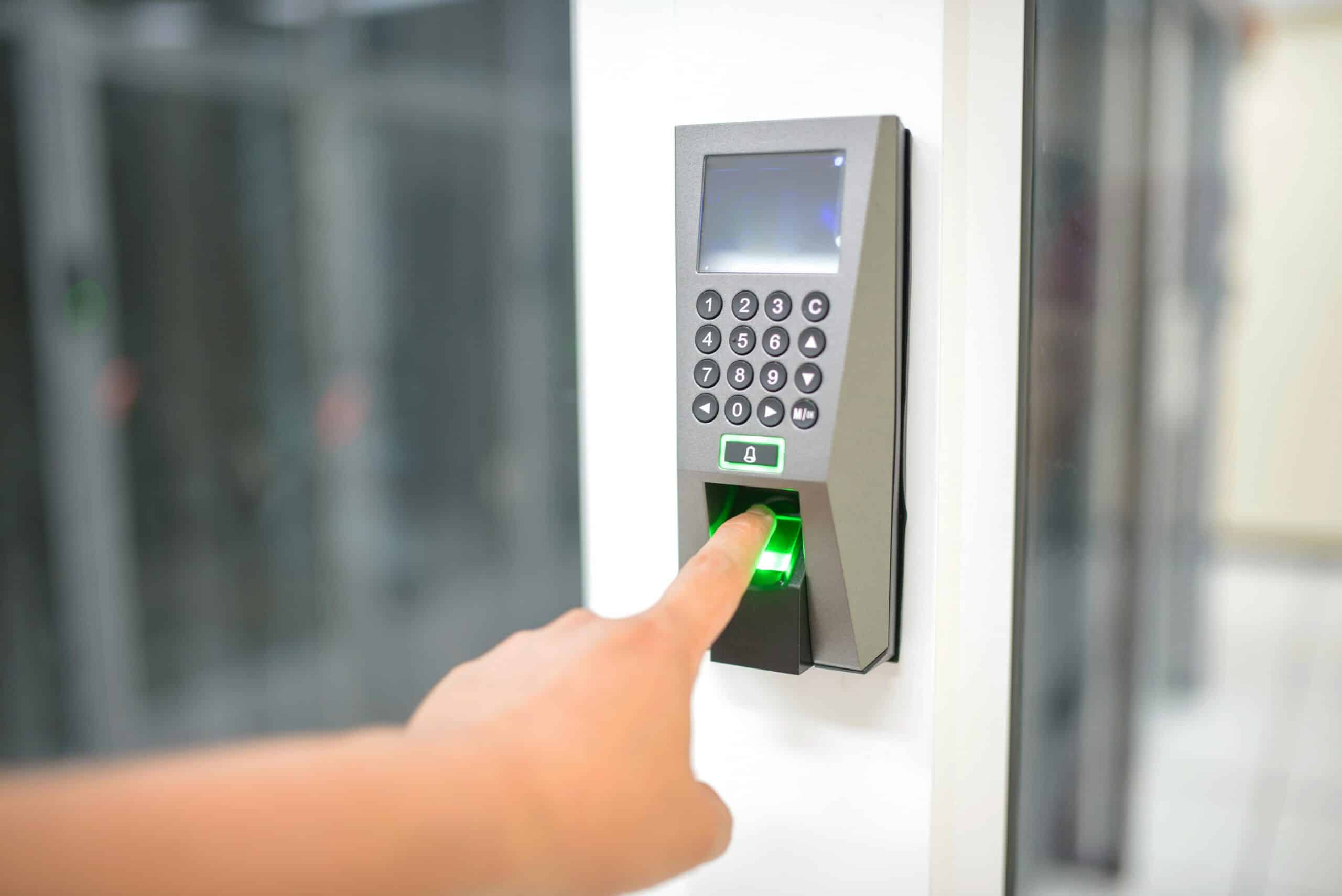
Self check-in should make late arrivals easier, not feel like an escape room. Multi-step instructions, lockboxes hidden blocks away, or long code chains sent at the last minute pile stress onto tired travelers. When entry feels fragile, every delay on the road becomes a bigger worry. Simple keypads, clear photos of entrances, and backup plans are the new gold standard. Listings that cling to convoluted systems are drifting down priority lists, no matter how pretty the photos look.
Vague Locations And Misleading Neighborhood Descriptions
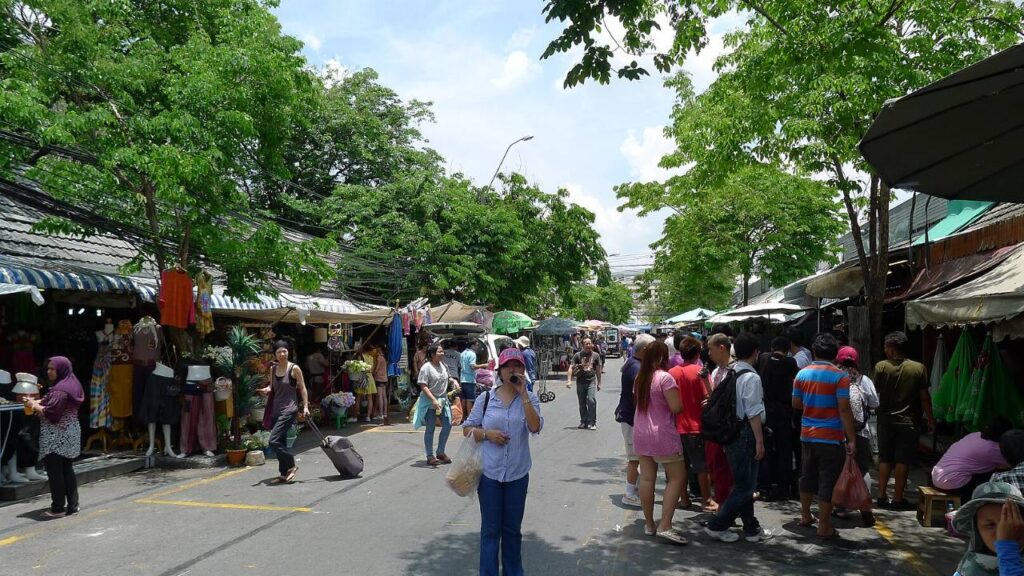
Phrases like “close to everything” or “safe and quiet” mean little once a guest realizes they are a long uphill walk from transit or right above a noisy bar. Travelers compare maps, street views, and reviews more closely now, and vague wording often signals deeper issues. Misaligned expectations lead to restless nights and tougher feedback. Hosts who describe distance, hills, noise, and nightlife honestly attract people who actually want that mix, instead of guests who feel tricked on arrival.
Extra Fees For Basic Amenities
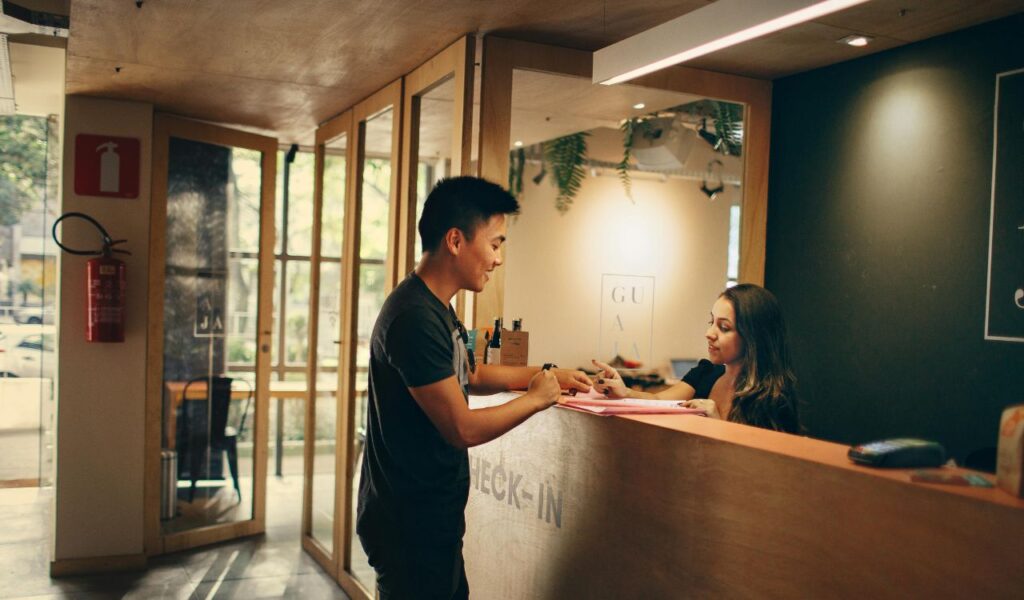
Charging more for parking in a driveway, charging separately for air conditioning, or adding hidden hot tub fees on top of already steep nightly rates has started to sour many stays. Guests rarely mind paying more for clearly optional extras, but they do resent being nudged into micro-transactions for essentials that feel like part of the stay. As comparison tools improve, listings that roll core comfort into the base price quietly move ahead of those built from nickel-and-dime strategies.
“Rustic” Or “Quirky” Spaces That Hide Poor Maintenance

Words like rustic, vintage, or quirky can signal charm, or they can conceal damp walls, sagging mattresses, and unreliable plumbing. Many travelers have now lived through both versions and are less willing to gamble. A cabin with creaks and stories still needs solid locks, safe stairs, and clean surfaces. When “character” becomes shorthand for neglect, reviews reflect it quickly. Properties that keep structure and basics in good repair outlast those relying on adjectives as cover.
Other Blog Posts You Might Enjoy
www.idyllicpursuit.com (Article Sourced Website)
#Airbnb #Features #Style #Travelers #Avoid #Idyllic #Pursuit
